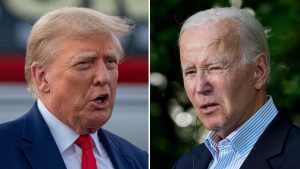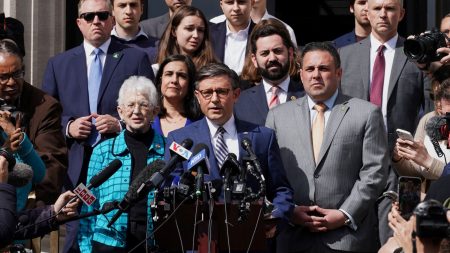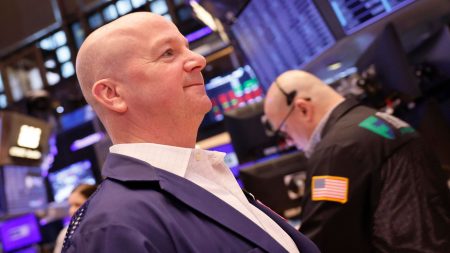Bucks County, a large suburban Philadelphia county, has filed a lawsuit against major oil companies, alleging that they deceived the public about their role in accelerating global warming. The county blames the oil industry for more frequent and intense storms, flooding, saltwater intrusion, extreme heat, and other climate change impacts from the burning of fossil fuels. Bucks County is seeking compensation from oil producers to mitigate the damage caused by climate change, arguing that taxpayers should not have to bear the costs of the industry’s actions.
The lawsuit filed by Bucks County is part of a growing trend, with dozens of local governments across several states, including California, Colorado, New Jersey, and Puerto Rico, suing oil and gas companies over their contribution to climate change. Bucks County is the first local government in Pennsylvania to take legal action against the industry. The county’s 31 municipalities are projected to spend $955 million through 2040 to address climate change impacts, highlighting the financial burden placed on residents and businesses.
The lawsuit names six oil companies, including BP, Chevron, ConocoPhillips, ExxonMobil, Philips 66, Shell, and the American Petroleum Institute. Chevron responded through its attorney, stating that addressing climate change requires an international policy response rather than individual litigation. The API emphasized that the industry has been taking steps to reduce emissions over the past two decades and that climate change policy should be determined by Congress, not local governments and courts. The API criticized the lawsuits as a distraction from national conversations and a waste of taxpayer resources.
In 2021, the 2nd U.S. Circuit Court of Appeals dismissed a similar lawsuit filed by New York City against five oil companies seeking to recover damages from global warming. The court’s decision may set a precedent for future cases involving local governments suing oil and gas companies over climate change impacts. Despite the legal challenges faced by these lawsuits, the growing number of municipalities taking action against the oil industry reflects a shift towards holding corporations accountable for their environmental impact and seeking compensation for the costs of climate change adaptation.
As the debate over climate change heats up, with increased public awareness and calls for urgent action, the role of the oil industry in contributing to global warming is under scrutiny. The lawsuits filed by local governments like Bucks County signal a shift towards assigning responsibility to major corporations for their role in climate change impacts. The outcome of these legal battles could have far-reaching implications for the oil and gas industry’s financial liability and the development of climate change policies at the national level. Bucks County’s lawsuit against oil producers highlights the urgent need for accountability and compensation for the damages caused by the industry’s activities.















